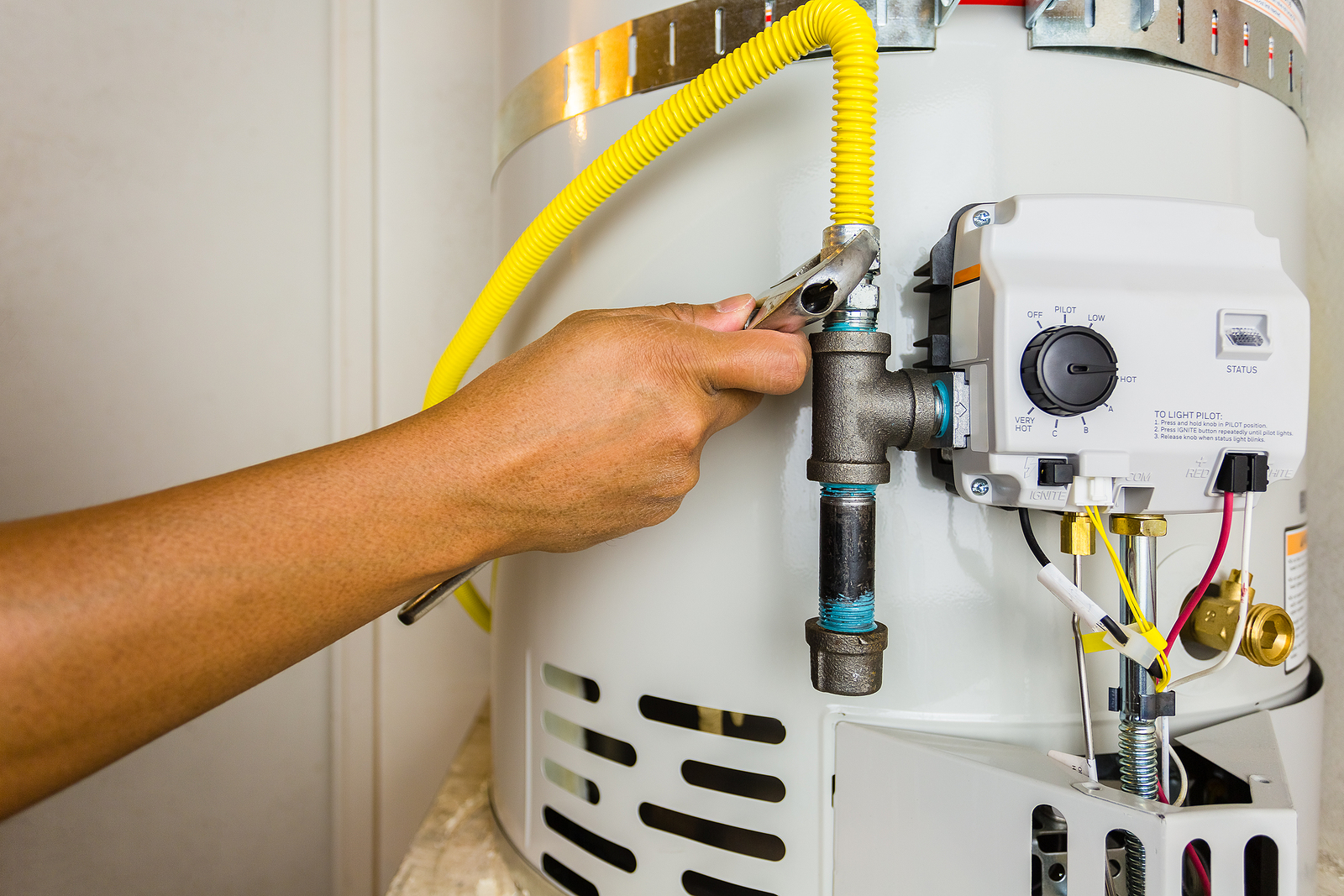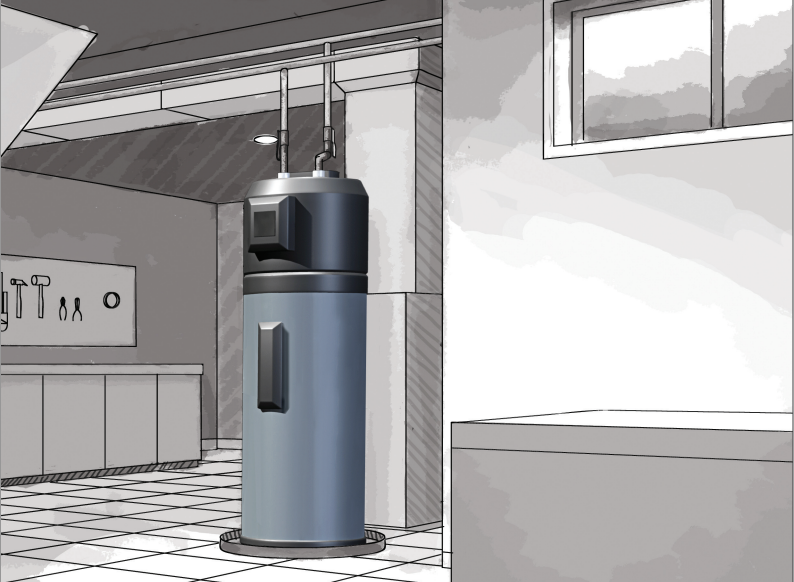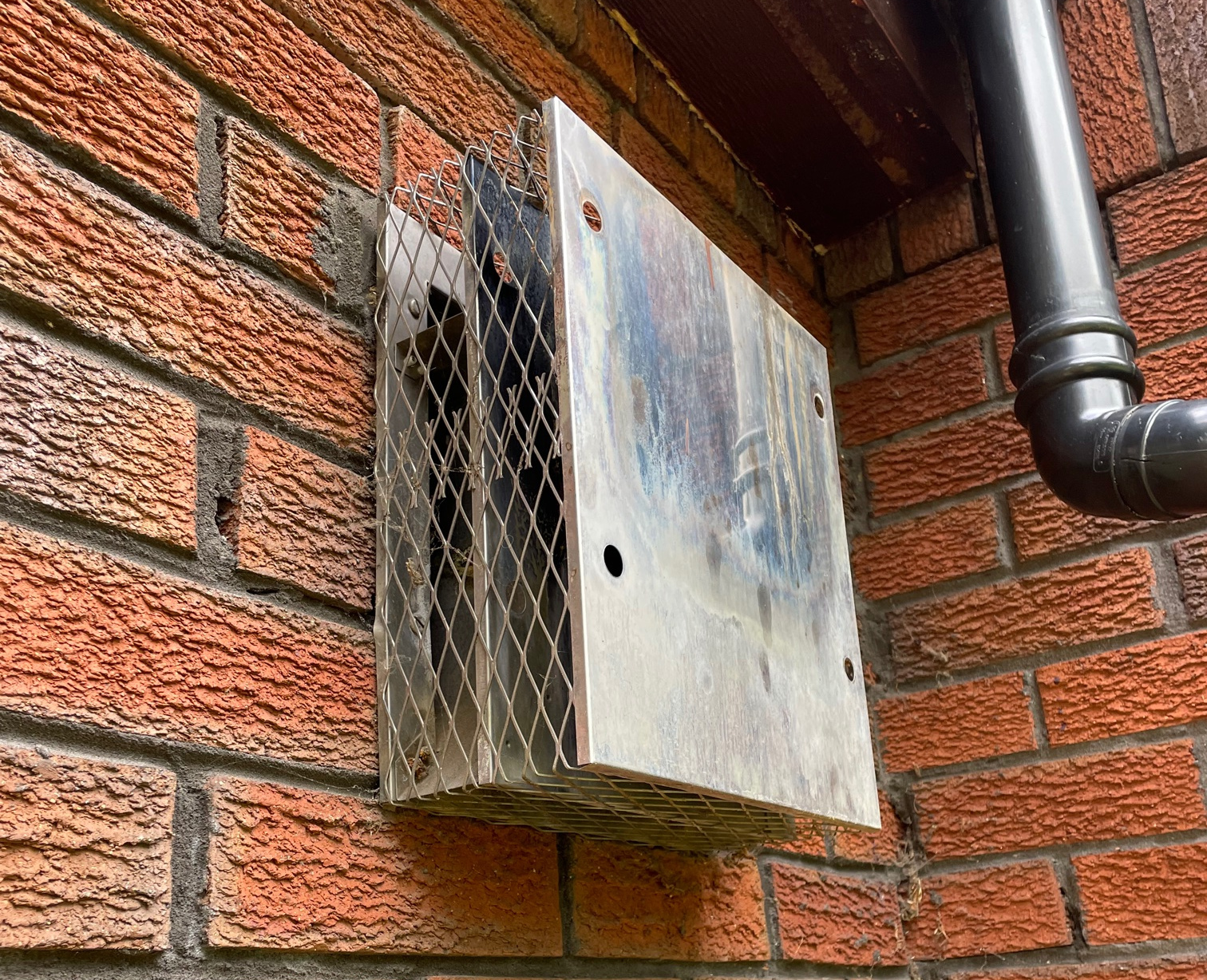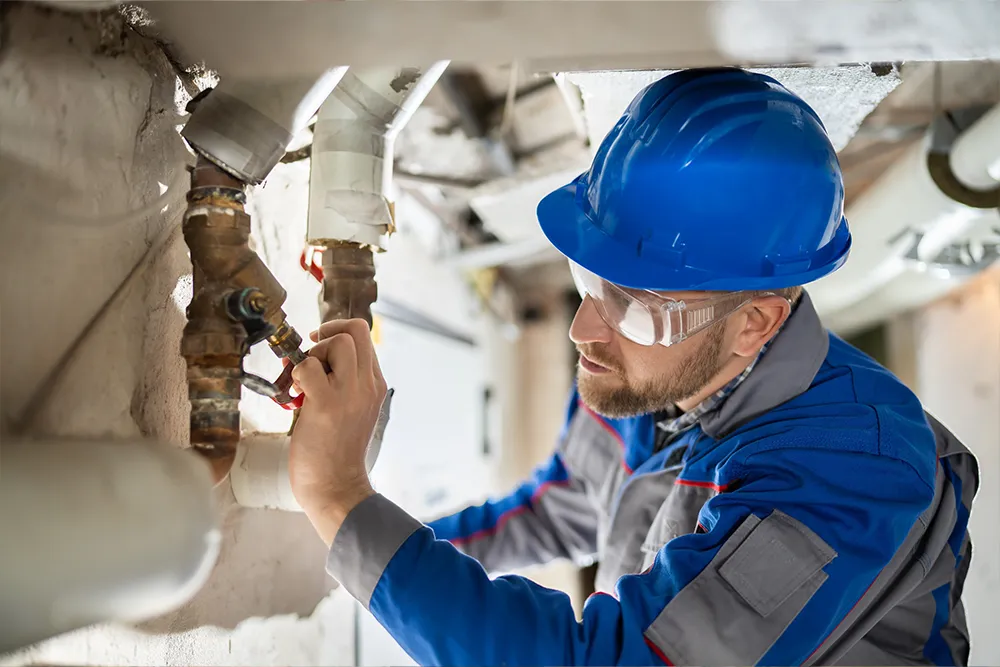Instant gas hot water systems have become an essential component of modern households, delivering a constant supply of heated water. Utilising a heat exchanger which heats the cold water as it travels through the apparatus, an instant gas hot water system offers efficiency, comfort, and class. However, like any mechanical system, it requires regular inspection and care to maintain its optimal working condition.
Failure to engage in routine maintenance can lead to system failure, potentially causing minor issues that develop into major problems, resulting in costly inconveniences. Savour the uninterrupted luxury of continuous hot water by familiarising yourself with these practical maintenance steps to extend the lifespan and efficiency of your instant gas hot water system.
Understanding the Basics of Your Instant Gas Hot Water System
The operation of an instant gas hot water system may seem intricate at first glance, but understanding its basics can help keep it functioning at its best. The cornerstone of the system is the heat exchanger, an ingenious device responsible for transferring the heat from the gas burner to the cold water running through. Connected to the heat exchanger are the water and gas pipes supplying necessary inputs for heat generation. Also, there’s a principal controller that serves as the brain of the system, adjusting flow rates and heat intensity.
While each component individually contributes to the function of the system, their synchronised operation keeps the system optimally functional. Gaining a solid understanding of your system’s working principles and main components will enhance your ability to perform effective maintenance and spot early signs of potential problems.
Regular Inspection of the Heat Exchanger
Arguably one of the most crucial components of the system is the heat exchanger, whose performance directly affects your hot water supply’s efficiency and consistency. It operates on the principle of heat conduction, facilitating fast heat transfer from the gas burner to the inflowing water. Over time, the heat exchanger may be impaired by problems such as corrosion or mineral build-up, which can get more serious if left unchecked.
Through regular inspection of the heat exchanger, you can identify and address these issues timely. Start by monitoring the temperature and the consistency of the hot water output. Changes in heat levels or water flow can signal a problematic heat exchanger. If you notice such changes, it’s beneficial to consult a professional to examine the heat exchanger and fix any identified challenges.
The Importance of Ventilation and Flue Checks
For optimal performance and safety, instant gas hot water systems rely on proper ventilation. Think of it like taking a deep breath: clean air in, harmful gases out. A well-ventilated system ensures efficient combustion and safe expulsion of those combustion gases through the flue. But just like holding your breath, poor ventilation can lead to problems. Incomplete combustion can occur, potentially creating hazardous situations from a build-up of toxic gases.
Here’s how to ensure your hot water system breathes easy:
Regular Inspections: Schedule regular inspections to identify potential issues early on. These inspections should include checking for:
Blocked or damaged vents: A blocked or damaged vent can trap harmful gases indoors. Look for signs of debris or physical damage around the vent opening.
Flue issues: The flue is the crucial pathway for expelling combustion by-products. During inspections, directly check the flue opening for obstructions, damage, or improper connections. Remember, a faulty flue can compromise both performance and safety.
Remember: While these checks are important, some tasks are best left to professionals. For common issues with instant gas hot water systems, consult a qualified plumber. They have the expertise and tools to diagnose and fix problems quickly and safely, ensuring your hot water system runs smoothly and efficiently, all while keeping your home safe from harmful gases.
Water and Gas Pipe Inspections
The overall health of your water and gas pipes can significantly influence your system’s performance. Leaks or blockages can result in significant water loss and inefficient heating, leading to increased energy costs. Worse still, it can progress into more severe issues, resulting in system failure.
Gas pipes, too, require regular inspection. While they are generally robust, any damage or leaks could not only affect the system’s performance but could lead to significant safety hazards. It is always recommended to ensure the structural integrity of these pipes annually or even more frequently, if possible, depending on the system’s use and the local environment.
Regular System Cleaning and Descaling
Maintenance of an instant gas hot water system is incomplete without conducting regular system cleaning and descaling. Water contains mineral content that, over time, can accumulate inside your system, negatively impacting its efficiency and lifespan. For instance, these deposits can reduce your water flow or cause unusual sounds during operation, revealing a larger problem.
Descale your system regularly to remove these mineral deposits. While it’s possible to embark on a DIY cleaning, keep in mind that professional cleaning guarantees a complete restoration of your system’s performance. Professional cleaners undertake a comprehensive cleaning task that maximises output, prolongs system life, and helps identify any lurking issues that may crop up later.
Conclusion
Proper maintenance is the linchpin for a well-functioning instant gas hot water system. Essential checks, including regular inspections of the heat exchanger, the ventilation and flue system, and water and gas pipes, are critical to prevent costly repairs. Further, practising regular system cleaning and descaling can enhance the performance and longevity of your system. If routine checks reveal persistent issues, don’t hesitate to consult a plumber for common issues with instant gas hot water systems. Finally, establishing and sticking to a regular maintenance schedule is an insurance policy against system failure and the key to enjoying uninterrupted, efficient hot water supply.




